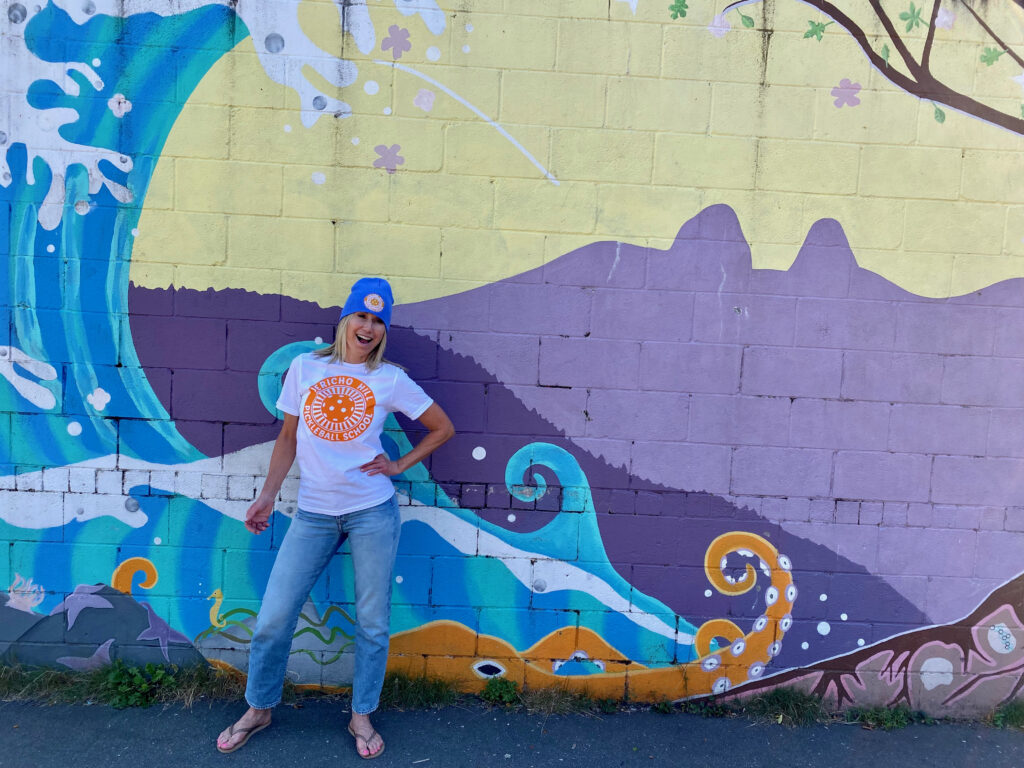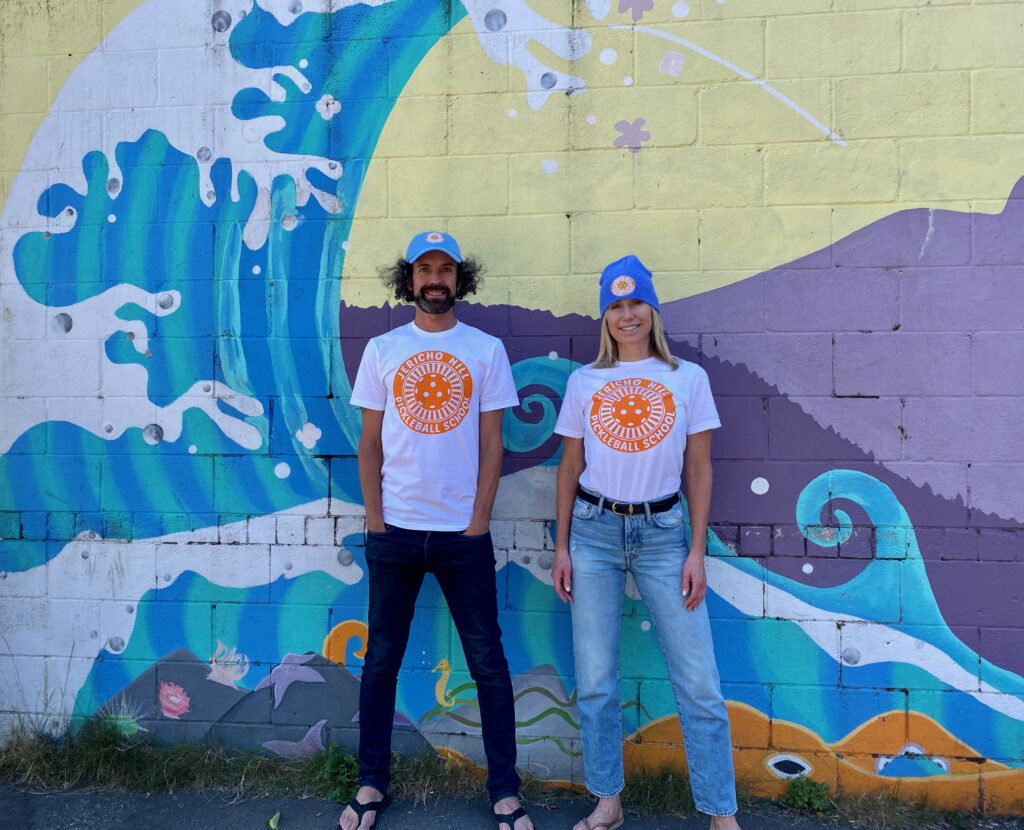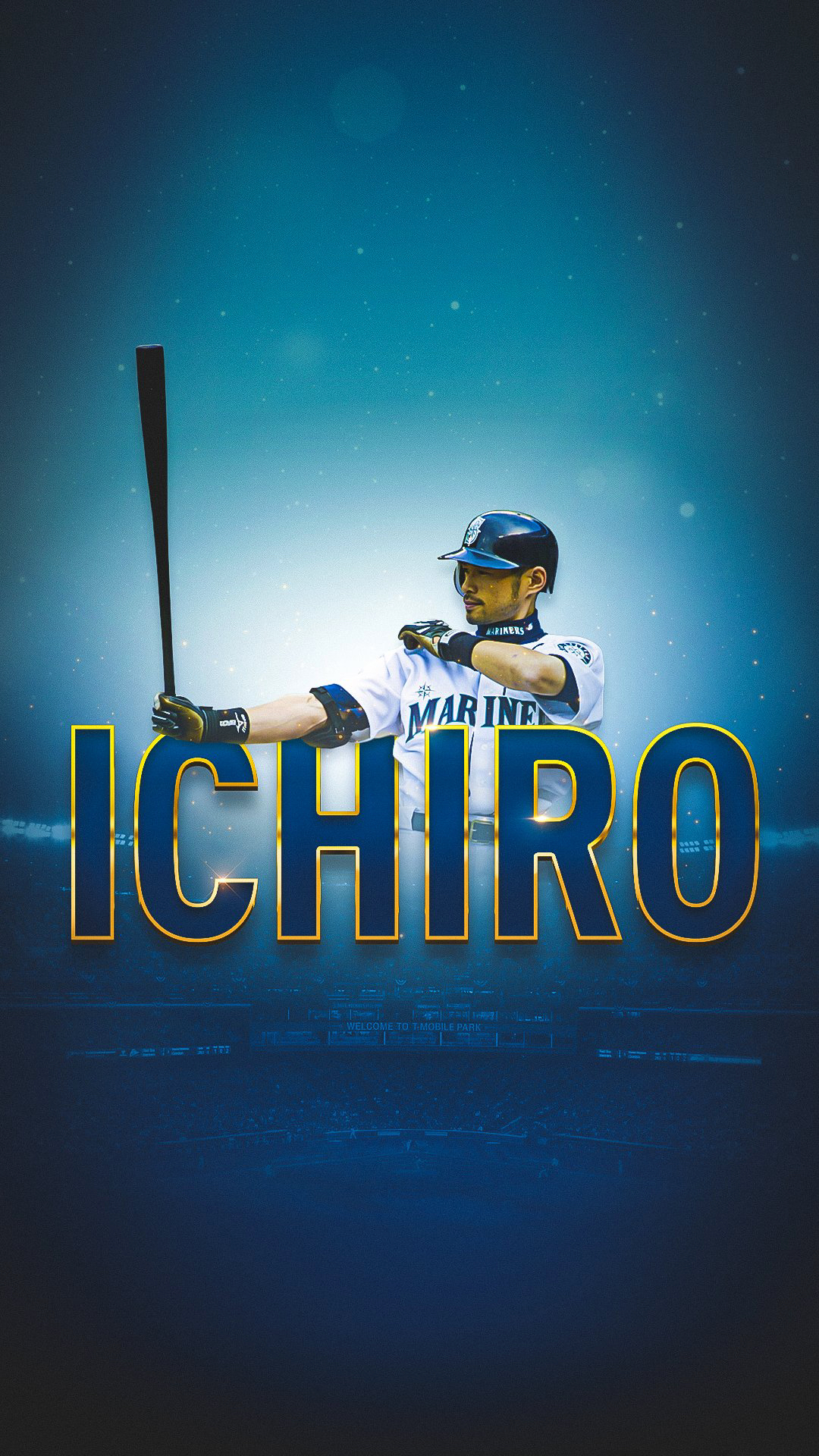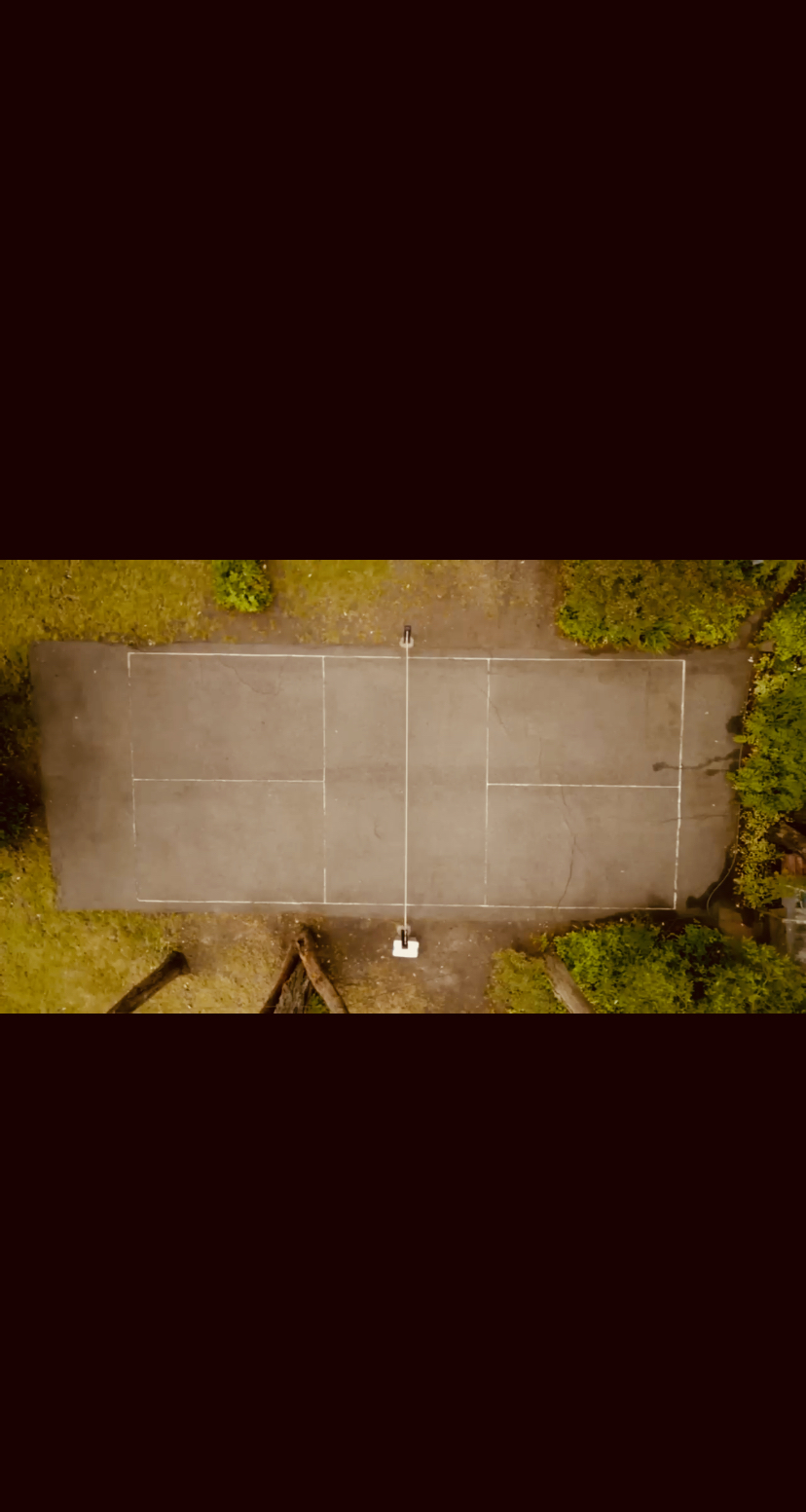The “51” edition was created for the school’s first Field Trip. On the surface, a simple one-nighter down the I-5 to bear witness to Riley Newman’s historic first pitch at T-Mobile Park.
On a deeper level, though, this became a voyage into pickleball’s murky roots. An attempt to viscerally feel the deep Cascadia tissue that connects Seattle to Vancouver—Bainbridge Island to Jericho Hill. A rare pilgrimage to Court 1 on Bainbridge Island. The most holy site in pickleball.
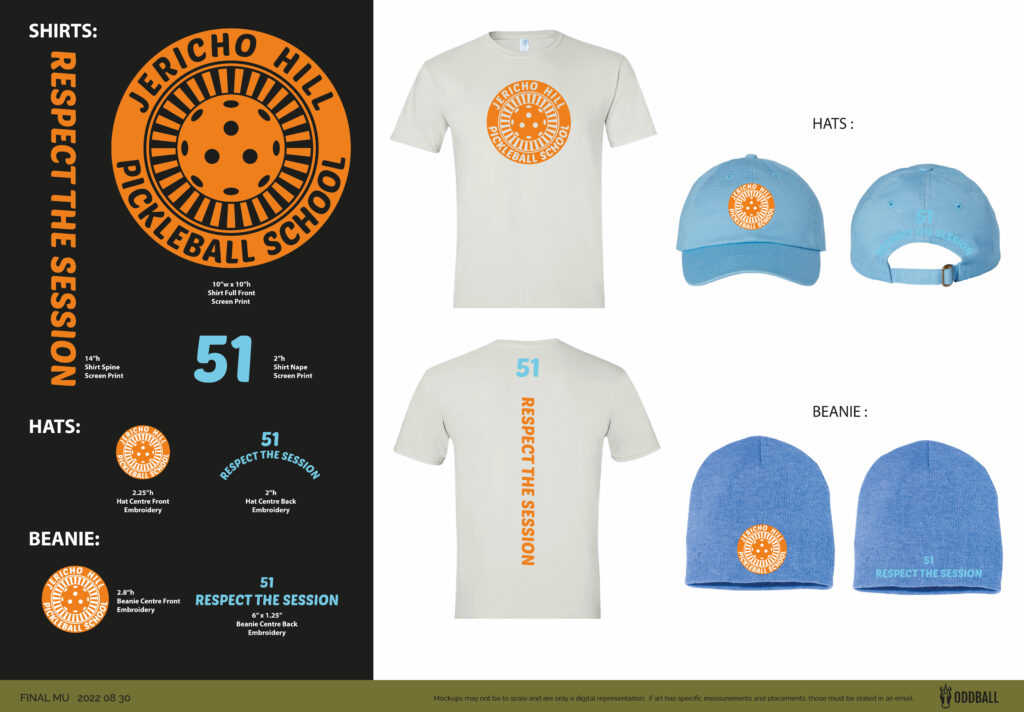
“RESPECT THE SESSION” is a phrase you sometimes hear among the Jericho Hill players. For new students, it’s an elusive idea. Pickleball is not always about winning the rally. Just as we work alongside our partners to build a point, we’re riffing with our opponents too. Some of us are patiently learning to build structured rallies. For masters of the craft, a pickleball point becomes a free flowing jazz riff. In the best sessions, players flow in and out of different riffs, teasing out what sometimes feels like a religious experience. The session is our attempt to turn an old gymnasium into a holy place. Respecting the session means, “we create this flowing state of grace together.”
The number 51 is a reference to the way unlikely people create unlikely holy sites in unlikely places. It’s about an enigmatic baseball player who would swing his bat for precisely ten minutes each night before sleep. He spent his life seeking the perfect expression of a stroke—fusing the waking physical world to what flowed through his dreams. On the road, teammates would catch glimpses of the enigmatic player swinging alone in the dark from 1 to 4 a.m. He kept his bats in a humidor. His teammates knew never to touch his bat.
He was born Ichiro Suzuki. Honing his craft through icy winters, he reinvented himself simply as Ichiro. An iconoclastic act in Japan.
Ichiro had an unflappable code. He represented a profound commitment to the craft of Japanese baseball. To some, Ichiro represented a revival of bushido culture. To North Americans, he represented baseball’s parallel universe on the other side of the Pacific. When he arrived in Seattle to play right field for the Mariners, Ichiro was dismissed by the game’s gatekeepers. Asian position players were thought to lack the physical size and strength to play the American game. Established Big Leaguers loudly mocked Ichiro’s patient, “grind-it-out” mindset. They mistook his humility for meekness.
Ichiro could hit hard, but did not swing big; choosing instead to eke his way onto base with carefully placed hits. He blended mechanics with hustle, patience with an almost atavistic understanding of the field. He revered obscure baseball players and their histories. On the road, he would seek out forgotten Negro League stars like Buck O’Neil to ask about their craft and culture. In time, he would break some of the game’s most sacred records, making a point to visit the graves of those who held each record he broke.
Ichiro was not really a baseball player, so much as a state of being. A crucible for outsiders.
If you lived in Vancouver through the years that Ichiro roamed right field for the Mariners, the realization that you could drive three hours to be close to such a figure for an entire afternoon was too good to be true. A certain kind of baseball fan would eschew the prime tickets behind home plate for a faraway seat in right field, where similarly reverent strangers seldom took their eyes off Ichiro, who never stopped moving through an endless series of little rituals. Sitting in right field, you could absorb the flow of everything he connected.
On the sports highlight shows, this patch of right field came to be known as Area 51. A reference to Ichiro’s jersey number—and his spectacular defence. A place where the other team’s hardest hit balls disappeared into his meticulously seasoned glove. (Reporters would ask Ichiro something like, “That was an amazing catch in today’s game—when did you know you were going to make it?” And Ichiro would answer, “Once I caught it.”)
Those who made the pilgrimage to right field came to realize Area 51 was a culture unto itself. It’s what happens when you graft something sacred from far away onto a patch of dirt, where it blossoms into the best of both places. It was a place where grandmothers would travel, year after year, from small Japanese towns, toting Tupperware crammed with fragrant homemade pickles and carefully rolled sushi. It was hipsters from Tokyo. And the big homemade collages of photos and katakana characters on enormous wooden signs. In those right field seats you had that sensation of being a part of something more significant than a game. The grandmothers would share tea and pickled plums. You’d pour half your beer into their yunomi, and they’d belt it back.
Ichiro seemed capable of absorbing every breath and gesture around him—while remaining laser focused on the game in front of him.
“51 | RESPECT THE SESSION” is homage to the alchemy we make together. The idea that game recognizes game. That game transcends the court and field. With reverence, game has the capacity to bridge near and faraway, yesterday with tomorrow. The JHPS Limited Edition Collection was made for travellers who believe such unlikely magical places still exist.
Does Ichiro have an equivalent in modern pickleball? Lindsey Newman? Callan Dawson? Ben Johns? They each embody the best qualities of Ichiro. But it’s still too soon. In the grander scheme, pickleball’s Ichiro has yet to be conceived. For now, the equivalent to Ichiro is not a player, but the game itself.
A portion from each purchase will be donated to the Vancouver’s Rainbow Pickleball League.
